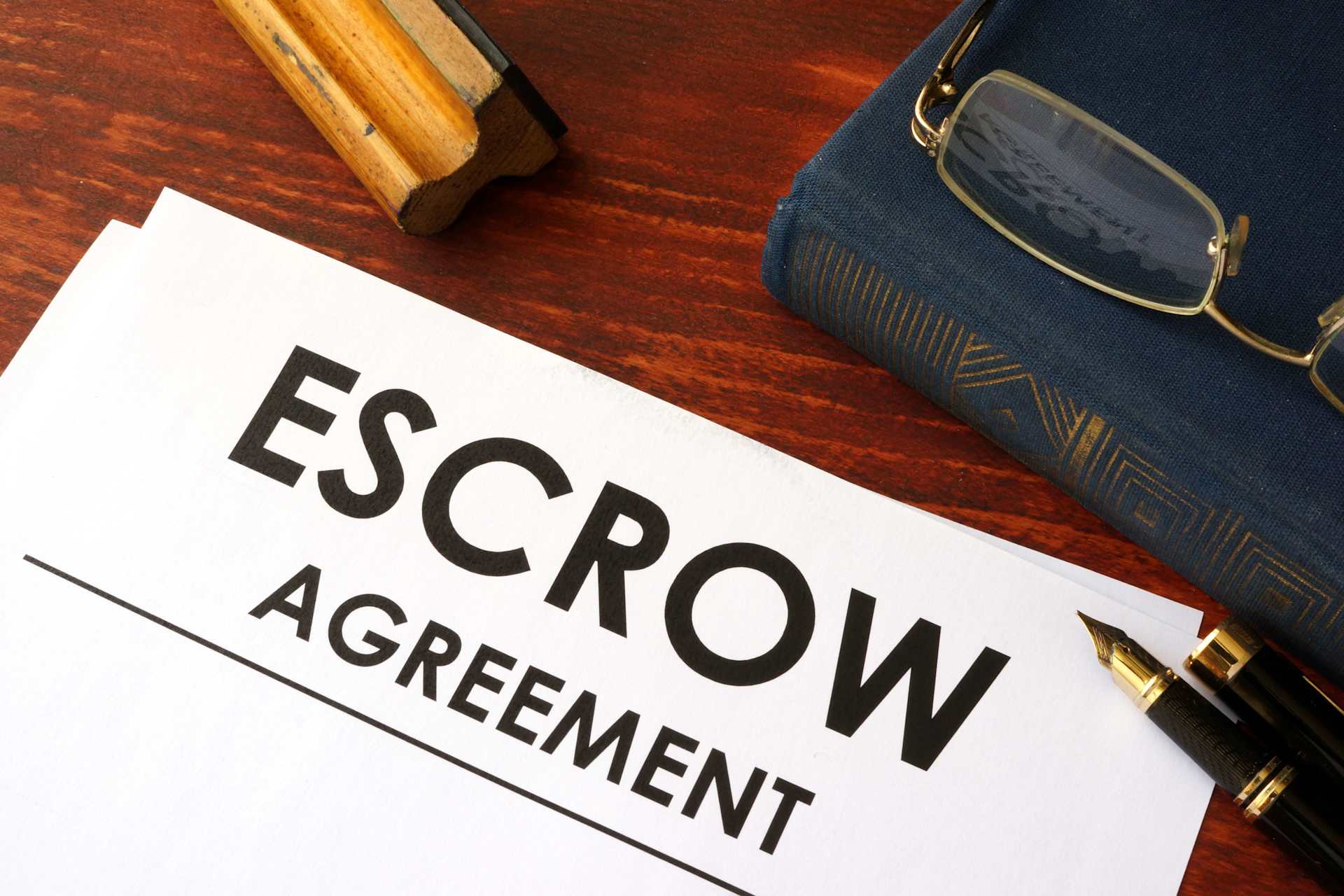
Step 1: Discuss
Meet with Ryan and discuss exactly what you’re looking for. He can help to educate you on your home’s worth, the state of the market and determine a pricing strategy to achieve your best result.
To help you to better prepare to sell your home, here is an outline of what you can expect when you do decide to sell.

Meet with Ryan and discuss exactly what you’re looking for. He can help to educate you on your home’s worth, the state of the market and determine a pricing strategy to achieve your best result.

Determine what your best course of action is in order to sell and to achieve the result you’re looking for. What things may your house need to prepare it for sale - from some touch up painting, to landscaping tips, to staging ideas - Ryan will help to prep your home to make sure it is where it needs to be.

After coming to terms on a price to list, and preparing the house to be ready to do so, in the implementation phase, this is where your specific gameplan comes to life. Here, world class photos will be taken of your home, details will be finalized, and your property will be listed live on the market.

After your property is listed, Ryan will do his job to spread the word about your property. The property will be listed on all platforms - the MLS, zillow, homesnap, realtor.com, etc. The property will also receive it’s on page on a world class website, be posted on all social media pages, and emailed to any and all brokers and clients that Ryan shares a relationship with. Eye catching property signs will also be placed outside your property to catch the eye of any individuals that may walk or drive by.

Assess how your listing is shaping up while on the market. Using data analytics such as click rates, views, number of showings, number of offers, etc., Ryan will take a numbers driven approach to help you reassess the state of your property, and educate you on your next steps to get you under contract.

This is the part that some say is the most rewarding in the entire process (yes, even more so than the physical closing process). When the inevitable moment arrives where an offer comes in, Ryan will go over with you, in full detail, what the major terms of the offer are and whether or not it is beneficial for you. If the offer is sufficient, signatures will be made on the dotted lines, and you will officially be under contract.

The fancy term for the time period in which your property is under contract, but has not yet closed. This is the time in which all of the “due diligence” items will be completed. Ryan will lay out all items which must be completed in order to close, with dates associated with each. These include, but are not limited to, home inspections, appraisals, mortgage commitments, and title searches.
Once all of these items have been satisfied, it will finally be time to get you to the finish line. You will be notified of the time to attend settlement, the escrow will close, you’ll sign the final documents, receive your payment and hand the keys over to the buyer!
A question as old as time. I always like to say there are two ways to approach listing a house. I coin the two as follows: the list high approach, and the auction approach. The list high approach is as follows: list the price of the home at or around the highest comparable you can find and target either a sole, or a few buyers that are approved and looking at that price in your area. IF, and that’s a big if, there is someone that meets that criteria in your area, you may be able to sell your home at a better price than what it’s market value may be. This is especially useful/true in hot sellers markets. The auction approach can be thought of as follows: List your property at market value based on a range of comparables, or slightly below that value to stimulate demand and artificially increase the price to a more acceptable amount for you. The analogy of an auction works well with this approach. It is the goal of an auctioneer to start the bidding at a value well below what the auctioneer plans to sell a particular object/artifact at. If he/she is able to get more people into a room to bid on that object, those that are bidding begin to compete against one another and artificially raise the price of the object up. It then sells at a higher value. The same analogy can be used for a house. List it at or below market value and stimulate an increased amount of demand/foot traffic into your home to get more offers. Both approaches can work. However, they are going to be influenced by market conditions. Reach out to me today for a better idea of what you can do to best help you sell your home.
The home selling process can be complicated. To prepare, think about breaking it down into different categories:
The first category includes the “administrative side” as I’ll call it. Prepare yourself for when the time comes in advance. Gather documents associated with your mortgage/mortgage company - loan number, payoff amount, etc. - this way you can have an idea of how much you’re going to walk away with when the home sells. You should also gather a list of any and all repairs that have been done over the life of ownership of the property. These will be pivotal when it comes time to sell to provide for the buyer. If you’ve performed some higher end upgrades on the home, it’ll help prioritize it in the minds of buyers more so than other homes you may be competing against.
The second category includes the “perceptual items” as I’ll call these. These are things that you can do specifically to your home that can sway and influence a buyers perception of it. Make sure you take time to upgrade your homes landscaping - first impressions, thus your homes curb appeal, are extremely important! Also, it may be time to replace minor holes/dinks/damages to some of your walls, to add a touch up coat of paint in areas that may need a little TLC, and clean/spruce up your house so that buyer’s may have the best opportunities to envision themselves in it. After all, that vision is what sells someone on your home!
In a hot market, home inspections may not always be performed as prospective buyers bid against one another to get the house that they want. When a market cools, this often is no longer the case. So what should you expect? For starters, when a home inspection is elected and performed as a part of a contingency for a buyer to purchase a home, there are a few key items that home inspectors most often look for. These include, but are not limited to, the condition of the homes foundation, the quality and performance of the roof, and the condition of major utility systems - i.e. plumbing, electrical and HVAC systems. If, in advance, you know there may be an issue with one of these items, it is often best to disclose it to avoid any liability on your end when the home sells - even if the inspector misses it in the inspection report. It is the job of the inspector to protect the buyer, so they will likely and purposefully include any and all items that they deem necessary to repair on the inspection report. This also reduces liability off of the home inspector/home inspection company, so it is in their best interest to do so. Fear not! These reports may seem intimidating, but many of these items may be negotiated. You can offer to fix them for the buyer, provide a buyer with a credit, or flat out tell the buyer that you are not willing to address the item. At this point, it will be the buyers responsibility to address the issue. But beware, if you are not willing to work with the buyer on an inspection item, they may be able to pull out of the contract. Interested in hearing more about the home inspection process and what you can do to prepare for it? Reach out to Ryan today.
Get assistance in determining current property value, crafting a competitive offer, writing and negotiating a contract, and much more. Contact me today.